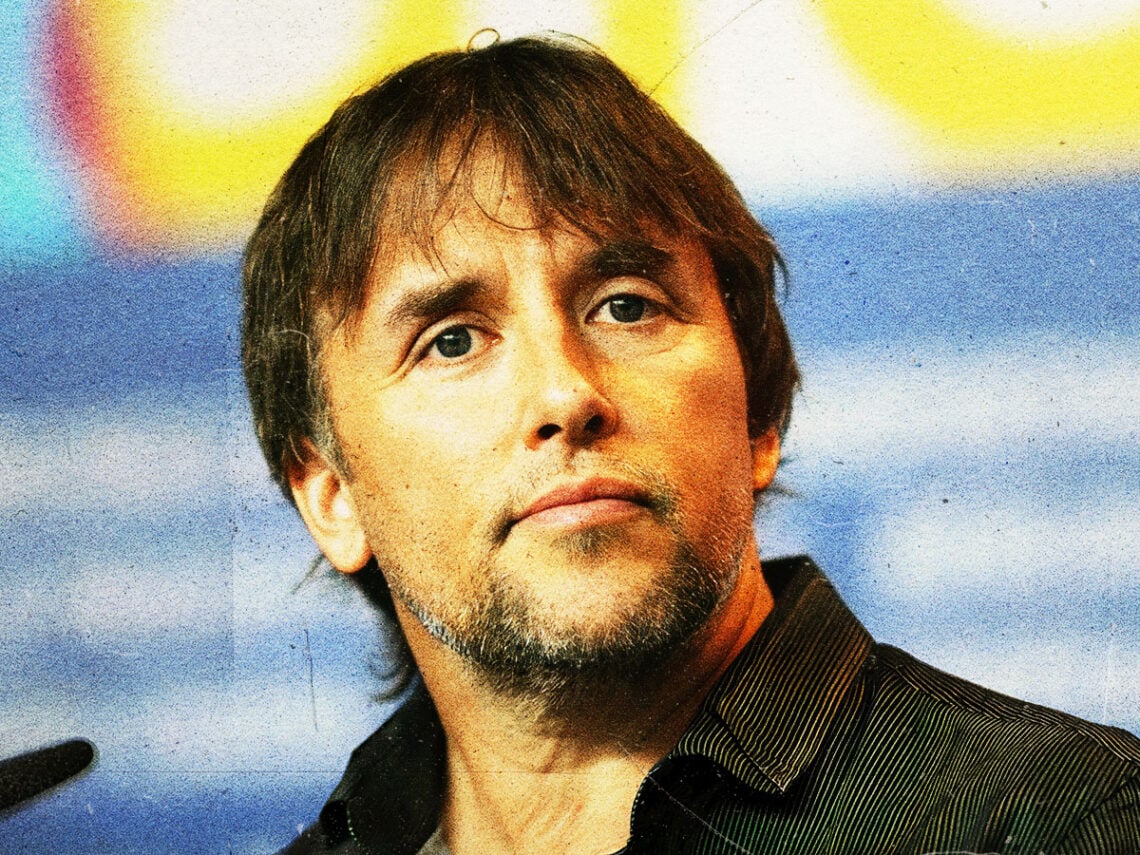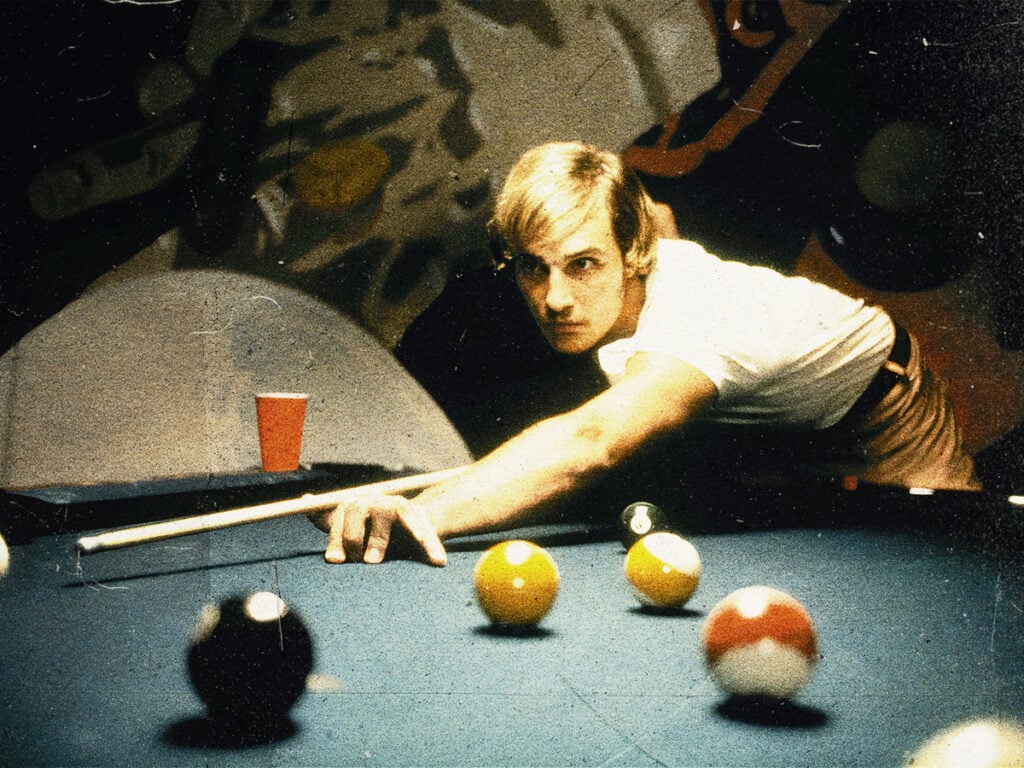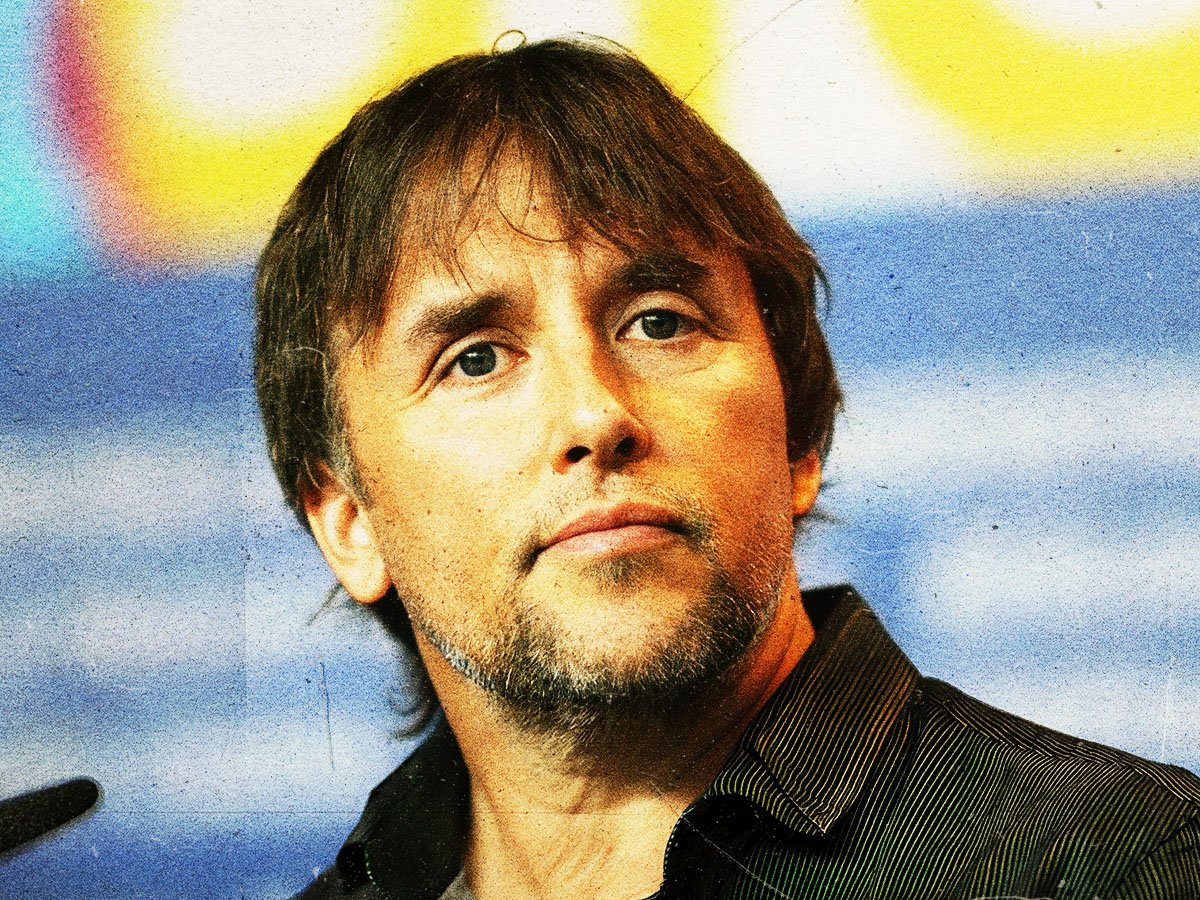
(Credits: Far Out / Alamy)
Tue 9 September 2025 1:00, UK
Even the greatest have their influences, and when it comes to movie directors, Richard Linklater is certainly up there in terms of modern filmmakers. His movies, including Dazed and Confused, Before Sunrise and Boyhood, have earned him almost universal acclaim – and that’s before we even get to the “perfect hangover film” that is School of Rock.
Texan-born Linklater was still a youngster when he went from making short films to his debut comedy Slacker in 1990, which was the film that he made for only $23,000 but went on to gross more than a million at the box office.
It set the precedence for Dazed and Confused, his classic movie set in a High School that brought in some $8m in the US and launched the career of Matthew McConaughey, as well as a million impressions of him, each one of which is simply people simply saying “alright, alright, alright”.
In 1995, he made Before Sunrise with Ethan Hawke and Julie Delpy, a romantic drama that served as the first instalment of a trilogy. He then went into some experimental cinema with the likes of Waking Life and A Scanner Darkly with Keanu Reeves – a movie made using rotoscope to produce a semi-animated effect.
Then the same year Linklater made the legendary School of Rock – one of the finest comedies of the last 20 years, featuring a superbly dishevelled and guitar music-loving Jack Black. A sequel to Before Sunrise followed in the shape of Before Sunset, for which Linklater picked up an Academy Award for the ‘Best Adapted Screenplay’, and then in 2014 he released the astonishing Boyhood, which swept the boards come award season. Staggeringly, it was shot over the course of 12 years, again featuring the director’s favourite actor, Ethan Hawke, and it earned him his first ‘Best Director’ Academy Award nomination.
 (Credits: Far Out / Gramercy Pictures)
(Credits: Far Out / Gramercy Pictures)
Linklater has often spoken about his love of Martin Scorsese’s film Raging Bull and the influence it had on him. Starring Robert De Niro and Joe Pesci and shot in black and white, it told the story of Jake LaMotta and his attempt to become the heavyweight champion of the world.
Made in 1980 it was adapted from La Motta’s 1970 autobiography and tracked the boxer’s vicious life in and out of the ring. Perhaps surprisingly, it wasn’t a huge success at the box office only just breaking even against its budget of $18million, however it was nominated for eight Academy Awards and won two, including Best Actor for De Niro. Scorsese would have to wait another 26 years for his first golden statuette.
Speaking in the Robert K Elder book, The Film That Changed My Life, Linklater said: “(Raging Bull) made me see movies as a potential outlet for what I was thinking about and hoping to express. At that point I was an unformed artist. At that moment, something was simmering in me, but Raging Bull brought it to a boil.”
The counter-play between De Niro and Pesci is a particular highlight of the film and sets the tone perfectly for their future movie performances together under the same director in Goodfellas and Casino.
Linklater adds: “There’s a moment in the film where he’s had a big fight with his brother Joey (Joe Pesci). Joey’s sitting at home watching Jake take a beating from Sugar Ray Robinson on TV. There’s an ad, I believe it’s a (American lager) Pabst Blue Ribbon ad, but it’s a transparency on the screen, and the ad flips down, but you can see a hand. It looks like it’s been X-rayed. It’s the slightest detail, a little bitty subtle mistake that probably happened on live television in that era, the ’50s, but I thought, “Oh my God!” It sent a shiver up my spine. At that point, I was so enthralled.”
Linklater’s latest film is Nouvelle Vague, a comedy-drama that tells the story of Jean Luc Godard’s filming Breathless in the early 1960s, one of the finest examples of the French New Wave of cinema. The movie will have a limited release at the end of October before hitting Netflix the following month.
Related Topics

